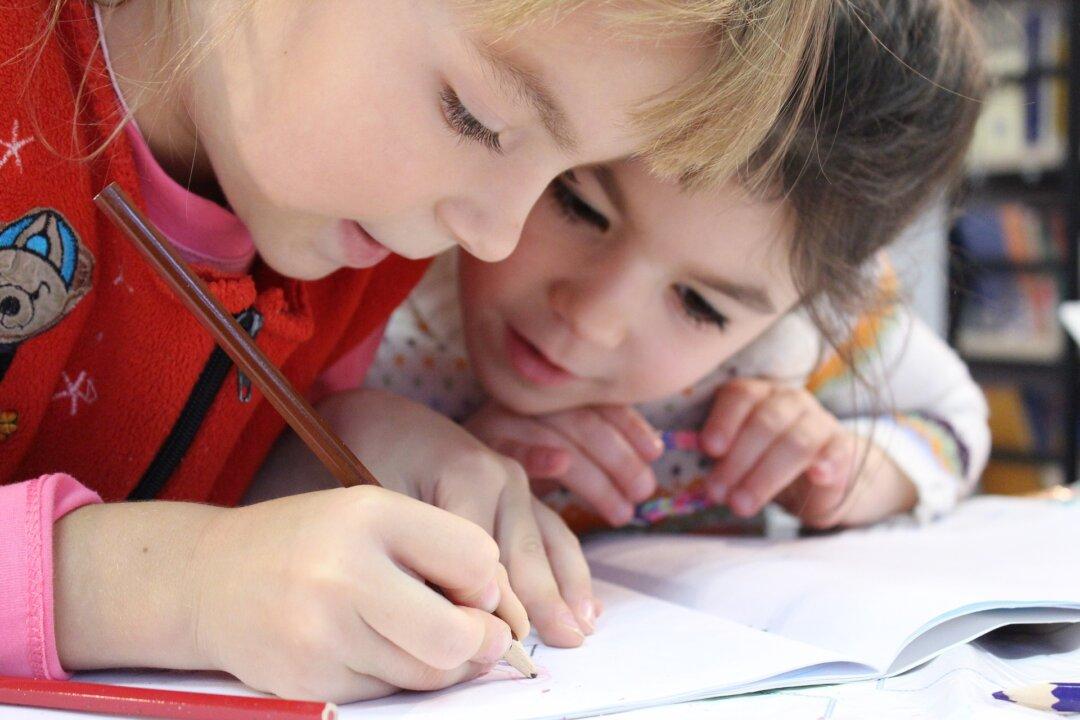Despite the known risks of adverse effects in children and adolescents and potential consequences for children’s developing bodies and brains, researchers have found a steady increase in the prescriptions of psychiatric drugs by Australian doctors to young people.
The study published in the Australian and New Zealand Journal of Psychiatry examined the prescription to over half a million children under 19 years old of drugs used to treat psychiatric disorders, including depression, anxiety, attention deficit disorders, psychosis, and sleep problems.





